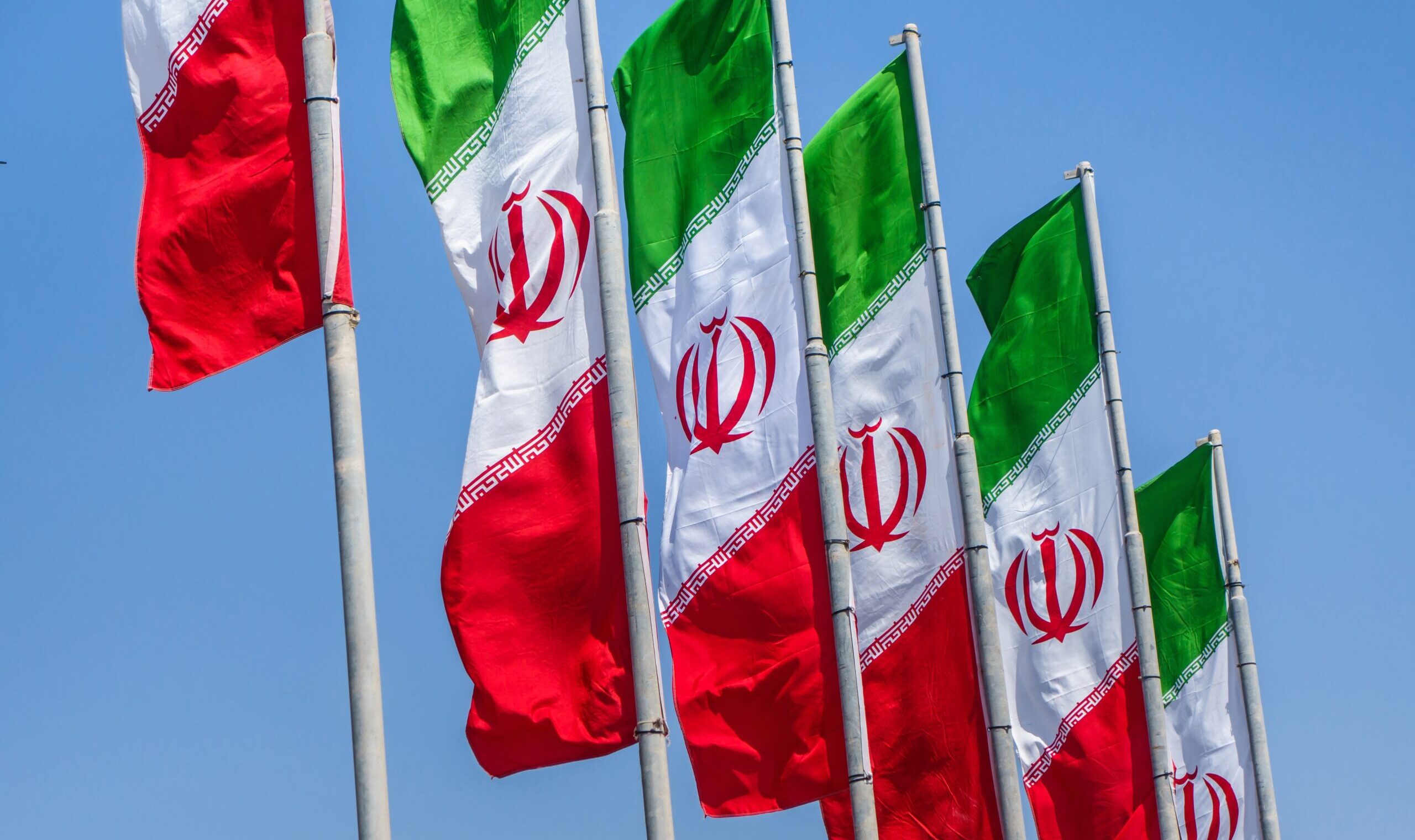What the Hagel Nomination Would Mean (and What It Wouldn’t)
Michael is not that interested in supporting Hagel’s likely nomination:
But letting the outsized and hysterical reaction of neoconservatives dictate my judgement of him seems just as counter-productive. He’s much more important to them than he is to me. I’ll be happy to see them embarrassed if he gets the post. But I don’t see his appointment as changing Obama’s foreign policy for the better. If anything it helps to further entrench a foreign policy establishment that still needs to be chastised.
I’m not going to the wall for Chuck Hagel.
As I’ve said from the beginning, the significance of the choice shouldn’t be overstated. Insofar as Hagel remains largely within the bipartisan foreign policy consensus (which he does), Michael is right that his appointment wouldn’t represent a challenge to the foreign policy establishment. Then again, one struggles to imagine Obama ever appointing someone who would, so compared to most of Obama’s other choices on policy and personnel this one would be fairly bold. To the extent that Hagel has differed with his Senate colleagues and with this administration on matters of policy and adopted relatively more sane policy views than many others belonging to that establishment, his appointment certainly has to be viewed as a welcome development and as an improvement over the status quo. It could be that Obama would choose Hagel to give him political cover to pursue more confrontational policies, but that doesn’t seem to fit with what the administration’s priorities appear to be in the second term.
As far as signals go, I suspect that Hagel’s appointment is supposed to signal continuity with Obama’s first term, which will almost certainly include decisions that non-interventionists and conservative realists will find objectionable. It’s worth bearing in mind that this will be true no matter who becomes the new Secretary of Defense, so the administration and the country would presumably be better off if the person in that position had some record of skepticism about sanctions and military action and some stated interest in reducing military spending. Is that worth “going to the wall”? I suppose it depends on what “going to the wall” means, but it is at least something worth supporting. The foreign policy establishment might not be chastised as a result, but the worst militarists and hard-liners would suffer a defeat in a contest of their own making. They don’t suffer nearly enough of those, and it’s hard to see how Republican foreign policy views begin to improve significantly until they do.
Something else would be at stake in this confirmation fight (assuming that it happens), which is the president’s ability to select the appointments he wishes to have to implement his agenda. We shouldn’t want Cabinet nominations to become the occasion for destructive, stifling ideological showdowns, since that will likely lead to a decline in the quality and intellectual diversity of appointees willing to go through the process. If we don’t want a government filled with nothing but the most conformist yes-men, there shouldn’t be political rewards for groups that want to block a particular appointee because he doesn’t pass their litmus tests.
